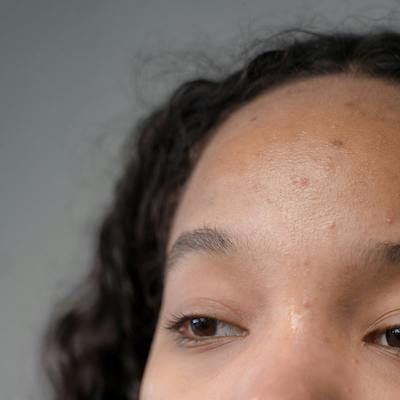Video
Megan Noe, MD, MPH: Dermatologists Join the Vaccine Discussion
Author(s):
As the pandemic passes its third year, one dermatologist foresees their field's own pursuit of specialty-specific vaccination guidelines.
Three years since the beginning of the COVID-19 pandemic, the virus and its impact on whole patient populations has become a headline topic in every specialty and at every major conference of caregivers. That’s not changing any time soon—and specialists including dermatologists are looking to make that conversation more catered to their needs and interests.
In the final segment of an interview with HCPLive during the American Academy of Dermatology (AAD) 2023 Annual Meeting in New Orleans this weekend, Megan Noe, MD, MPH, assistant professor of dermatology at Harvard Medical School, discussed the potential implementation of dermatology-based guidelines and recommendations pertinent to COVID-19 treatment and vaccination.
It’s a concept that, both in the scope of considering unique disease characteristics and modern care strategies, only makes sense to pursue in dermatology. As relevant guidelines by the Centers for Disease Control and Prevention (CDC) currently exist, certain dermatology patients fall through the cracks, Noe said.
“CDC has age-appropriate guidelines; they also have guidelines for specific high-risk populations,” Noe explained. “They have some chronic skin disease but don’t consider all skin diseases.”
What’s more, the agency takes a broad approach to immunosuppressant medications, Noe said—despite there being quite various immunosuppressant drug classes being used in fields like dermatology.
“There’s different levels of immunosuppression—and now we have all these focused biologic therapies that may not broadly suppress your immune system but because of the way they work, may predispose you to one more type of infection,” she said.
One example Noe noted was the predisposed risk of shingles among patients receiving JAK inhibitors—an association pertinent enough that she and colleagues recommend a patient vaccinate for shingles prior to starting the therapy.
“And that’s a good example of something that maybe a primary care doctor doesn’t know about—I would imagine most don’t prescribe JAK inhibitors, so why would they know?” Noe said. “That’s something where dermatologists need to take the lead.”
It may be more realistic to anticipate dermatology-based vaccination and treatment guidelines relevant to COVID-19 years from now, but the conversation being hosted at AAD 2023 emphasize the rapid embrace of unique fields in pandemic response.
“I’m just glad that dermatologists are getting more into vaccines,” Noe said. “Three years ago, I don’t think it was something we necessarily wanted to think about.”





